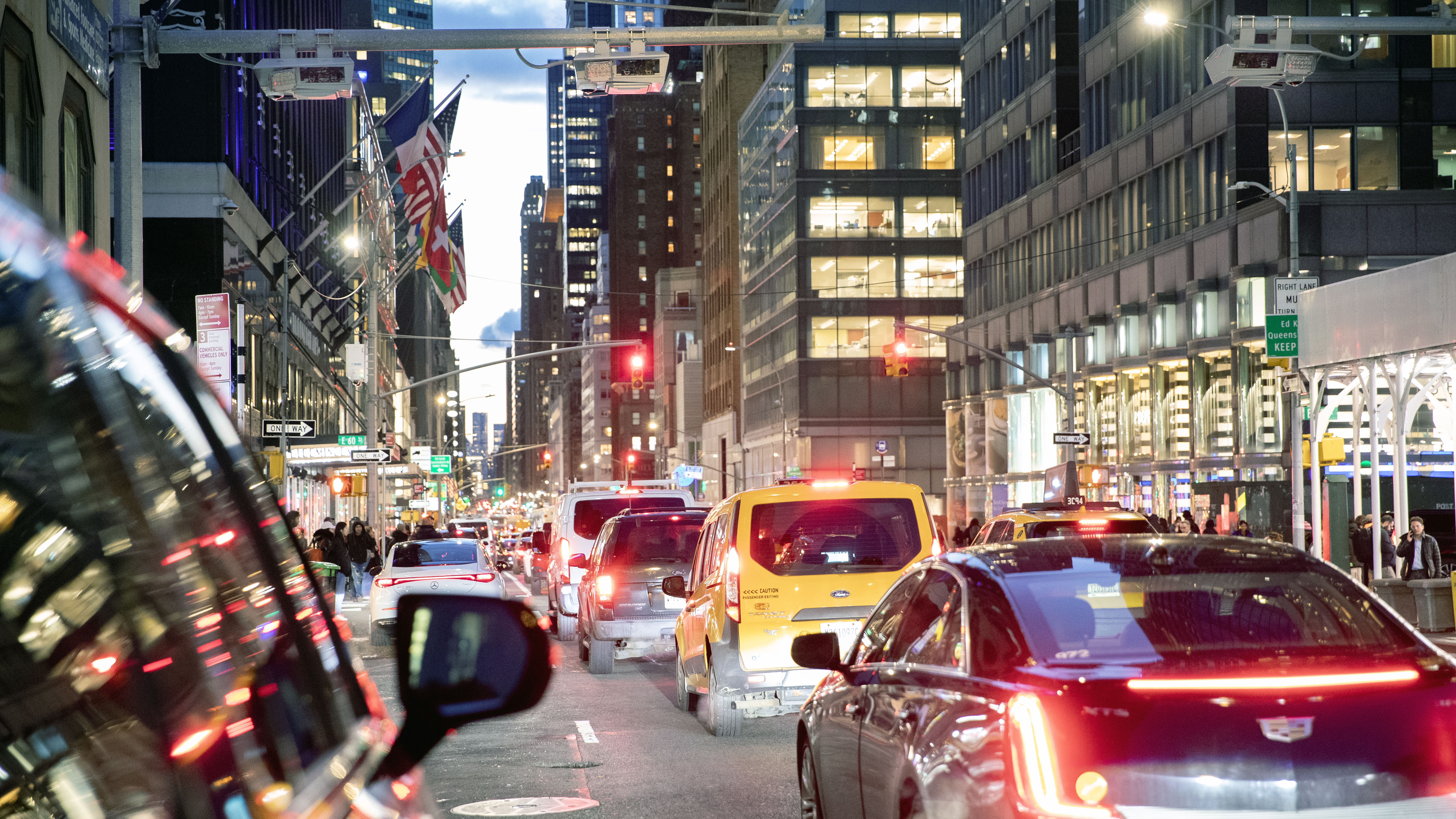Ted Kheel was a renaissance man. He tackled and solved many major labor disputes with his calm, constructive approach. He was a voice of reason, a man who could make even the angriest foes laugh and find common ground.
He was a master mediator. He was also was a highly successful real estate investor. He loved art and artists -- and helped them in their careers. He was an environmentalist and philanthropist.
I saw Ted Kheel in action for five decades. I witnessed the effectiveness of his skills. I saw leaders of management and labor succumb to his charm. For Ted was more than a skillful lawyer and a good negotiator. He loved people. And, in the searing labor disputes that threatened New York and the nation during his amazing career, his was the calm voice that never gave up, the soothing voice of moderation and peace.
With Ted, who died last Friday, I bent my own rule of never becoming too close to a source. Ted and I became good friends. He was my lawyer for 40 years. I shall miss his warmth and his generosity of spirit.
When New York was paralyzed by a transit strike in the first week of January 1966, Mike Quill, leader of the Transport Workers Union, became the pariah of New York. As New Yorkers walked to work, they had this vision of Quill [as described by the new mayor, John Lindsay] as the villain of this affair. Kheel never went along with that image. He treated both Quill and the leader of transit management, Joe O’Grady, as friends. They responded eventually to his gentle prodding and, after Quill and other union leaders were jailed, the strike was finally settled.
The three of them in the beginning of the strike were in a royal suite on the top floor of the Americana Hotel (now the Sheraton) and, although he never betrayed anyone, Kheel would occasionally fill me in on the personalities of the participants and how they related to each other. I learned that Quill in the confines of that suite was perfectly affable. But, every now and then, when he emerged. he would wave his cane and, to reporters, denounce the powers that be and particularly the Mayor, whose name Quill deliberately mis-pronounced as “Lindsley.”
“Mike is wonderful. He’s some character,” Kheel told me. The mediator truly had an affection for each of the warring parties. He thought Joe O”Grady, the management person, was great too, in his solemn, cautious way.
Local
Over the years, in addition to the subway and bus strike, Kheel helped end strikes involving New York’s newspapers and teachers. Mayor Wagner asked Kheel for help in ending the 114-day newspaper strike of 1962-3 and President Lyndon Johnson turned to Kheel in 1964 to prevent a nationwide rail strike.
The New York Times said that Kheel has been called “the most influential peacemaker in New York City in the last half century” and the “master locksmith of deadlock bargaining.” And it was estimated that, as this city’s leading mediator and arbitrator, he had helped solved 30,000 disputes.
He loved people and he loved good food. He was a connosieur of wines. He even kept a cache of his favorite wines in the Windows on the World restaurant on the top of the World Trade Center.
There was irony in that because Kheel had bitterly opposed the Port Authority when it went into the real estate business. He didn’t think it should ever have built the World Trade Center or the restaurant. But, once the restaurant was built, he thought it was a good idea to keep his wines there. In a wisecrack that was eerily prophetic, he said to me one day: “I like the restaurant. They should tear down the rest of the building and just leave the restaurant.”
Kheel was a philanthropist. He heavily endowed several groups, including the Earth Pledge Foundation, which worked for environmental progress. He had a magic touch for real estate projects. Thus, he purchased several hundred acres of land in Punta Cana, in the Dominican Republic and, with a Dominican partner, transformed this slice of the jungle into a great hotel, with two golf courses and numerous restaurants.
But, at the same time, he set up a laboratory at the hotel complex to study tropical plants and diseases. He did this in cooperation with Cornell University, his alma mater, which he supported generously over the many decades of his life.
Ted Kheel was a persistent man. Thus, after trying for many years to help his artist friend, Cristo, win approval to put The Gates into Central Park, he finally succeeded when Mayor Bloomberg said yes. In February, 2005, gates were set up in the park, hung with panels of orange-colored nylon fabric. It was the dead of winter but New Yorkers thronged to the park by the thousands to welcome enthusiastically this winter spectacle.
Kheel failed to achieve his last big goal: making New York’s subways and buses free. He commissioned a study by experts that showed, if fares were removed from subways and buses, the city would not lose revenue. It would gain money because traffic congestion would diminish and business would improve. He tried to sell this idea for the last few years. But politicians and transit experts didn’t buy it.
Ted Kheel was a patient man. He believed that, ultimately, the city would accept his proposal. He favored Bloomberg’s idea of congestion pricing -- charging motorists for entering the city -- provided that was coupled with free mass transit.
“I think,” Kheel said, “that this is something New Yorkers will come to appreciate when they think about it and how good it will be for working people and for people who drive, because there’ll be more using mass transit.”
Was this realistic or was Ted Kheel being Don Quixote, dreaming an impossible dream? Ted told me: “Nothing is impossible. This is a great city and ultimately, we’ll do what has to be done.”
He was 96 years old. And that could be his epitaph: “Nothing is impossible.”



